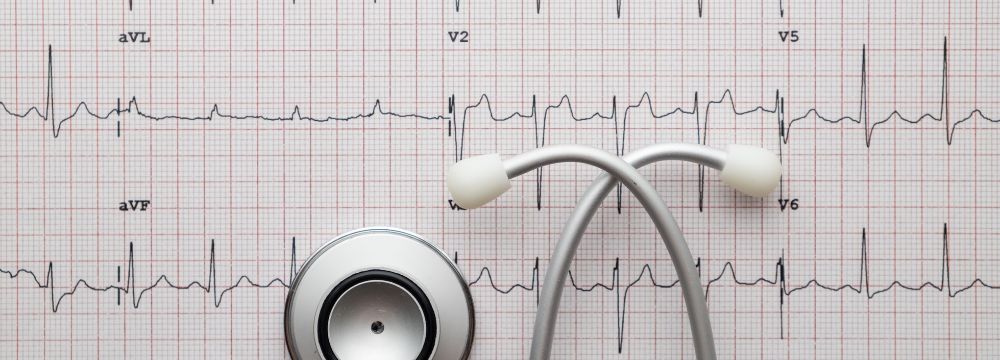Health
Heart Health Awareness
February is American Heart Month. This month not only holds the holiday built to celebrate love (Valentine’s Day), but it is also an excellent time to educate yourself on heart health.
Check-in on your health overall
Tracking things like your body mass index (BMI), cholesterol, blood pressure, blood sugar levels, and even your weight are essential factors in keeping a healthy heart in general.
Keep up a steady relationship with your doctor. Visiting your primary care physician and openly discussing ways to reduce the issues stated above is very important if you want to keep those numbers steady. Some key components that your doctor will inform you to look out for are the following:
Hyperthyroidism:
- Limit your salt intake
- Cut down on sugary drinks/processed foods
- Alcohol consumption should be reduced to one drink a day (for females) and two (for males)
- Neglect smoking completely. If you struggle with this habit, talk with your primary care physician who can help you get on the right plan to quit!
Mental health should be a top priority as well.
Emotional, psychological, and social well-being can affect how our heart functions. Mental health involves how we think, feel, act, and make choices. Some mental health concerns that can lead to heart dysfunction include the following:
- Anxiety, leading to abnormal heartbeat
- Depression
- Chronic stress
- Neglecting one’s diet leads to metabolic disease
- Refraining from exercise (bad behavioral patterns in general)
Incorporate exercise into your daily routine
Weight is something that affects your mood and overall health (mental and physical). Excess weight can also lead to greater issues such as stroke, heart attacks, high blood pressure, high cholesterol, and blood sugar levels.
A simple solution is to step outside and take a walk. It will keep your heart rate up and increase oxygen to the heart. Daily exercise will contribute to a healthy heart and a better you!










